Global markets are following a mixed course with developments such as Ukrainian President Zelenskiy's comments being interpreted as not insisting on NATO membership and the US and UK banning Russian oil imports, in an AFP report.
After the oil embargo announcements to Russia, the barrel price of crude oil increased by more than 2 percent to over $126. The barrel price of Brent oil increased by 3.2 percent and exceeded $ 131.
Wall Street indices fell at close after trading volatile on Tuesday. The S&P 500 fell 0.72 percent and the Nasdaq 100 fell 0.39 percent. S&P was up 2 percent at one point during the day. US futures indices are up again this morning.
Asian indices followed the developments in Russia-Ukraine as well as Chinese inflation and Japanese growth. Japan's Nikkei closed 225 lower, while Chinese CSI was followed by hard selling.
The US 10-year bond yield is at the limit of 1.85%, taking its rise for the third day. Dollar and yen depreciated with the effect of AFP news.
Zelenskiy news by AFP
A US Department of Defense official said Russia was intensifying its bombardment of Kiev. The official, who stated that most of the Russian forces are still 60 kilometers away from the capital of Ukraine, stated that Mariupol was isolated but not yet under Russian control. "Ukraine no longer insists on NATO membership," Agence France-Presse (AFP) reported on the interview of Ukrainian President Vladimir Zelenskiy to ABC News on Monday evening. Zelenskiy didn't say he'd given up hope of NATO membership in the ABC interview, but said: "I lowered my expectations on this issue after I realized a long time ago that NATO was not ready to accept Ukraine. The alliance is afraid of controversial things and confrontation with Russia. I never wanted to be a country begging for something on its knees. And we will not be that country, and I will not be that president.”
While Poland announced that it is ready to send MiG-29 planes to Germany to be delivered to the USA, a senior US official stated that a step in this direction would be considered an "attack" by Putin.
According to a Ukrainian official, 61 busloads of people were evacuated from the city of Sumi, and 1,000 foreign students arrived at the Lviv border by train. On the other hand, the Central Bank of Russia took new restrictions on foreign exchange transactions. Accordingly, as of March 9, the sale of foreign currency in cash to citizens who do not have a foreign currency account by banks in the country was prohibited for 6 months. Foreign currency deposit holders will be able to withdraw a maximum of 10 thousand dollars in cash.
Fitch downgraded Russia's credit rating to the second lowest, predicting that the country could default at any time due to economic isolation. Coca-Cola, PayPal, McDonald's and Starbucks are the latest global companies to suspend their operations in Russia.


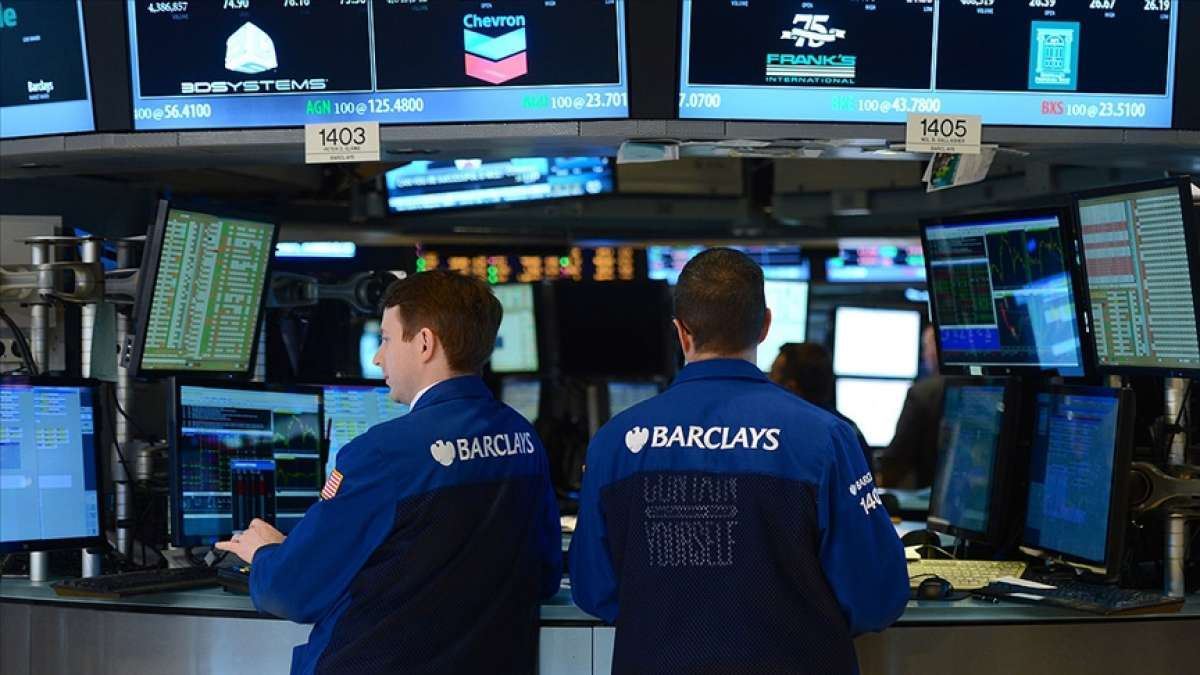

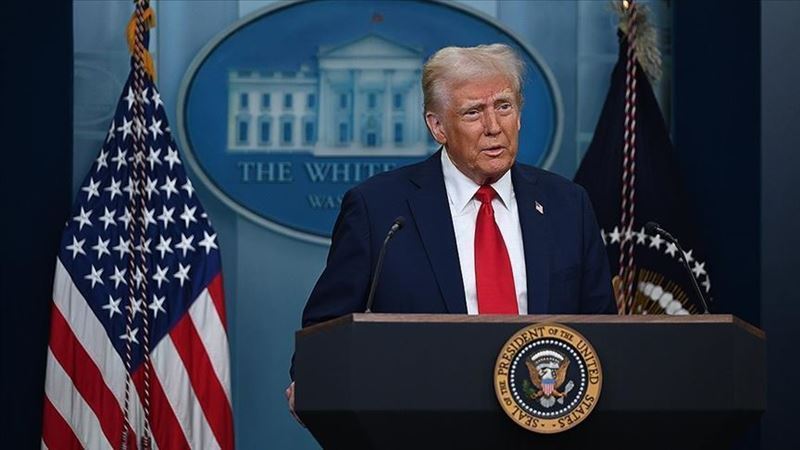
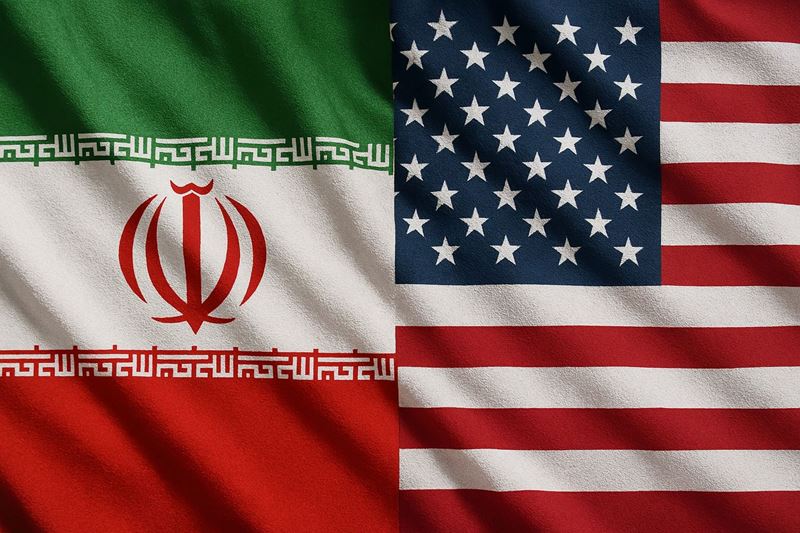
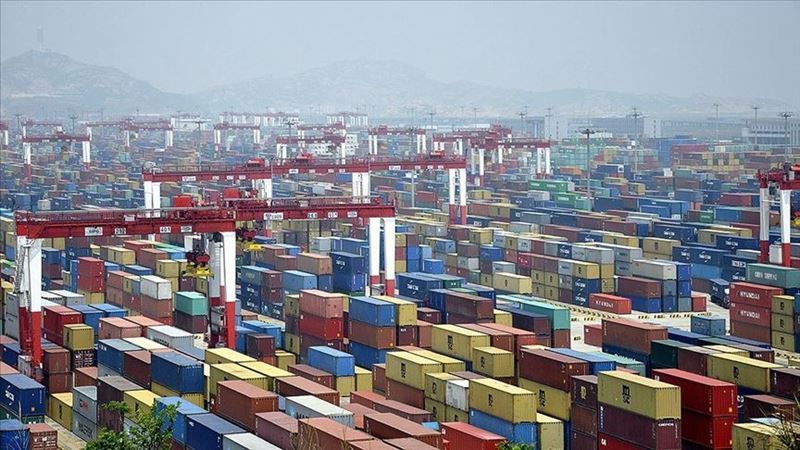
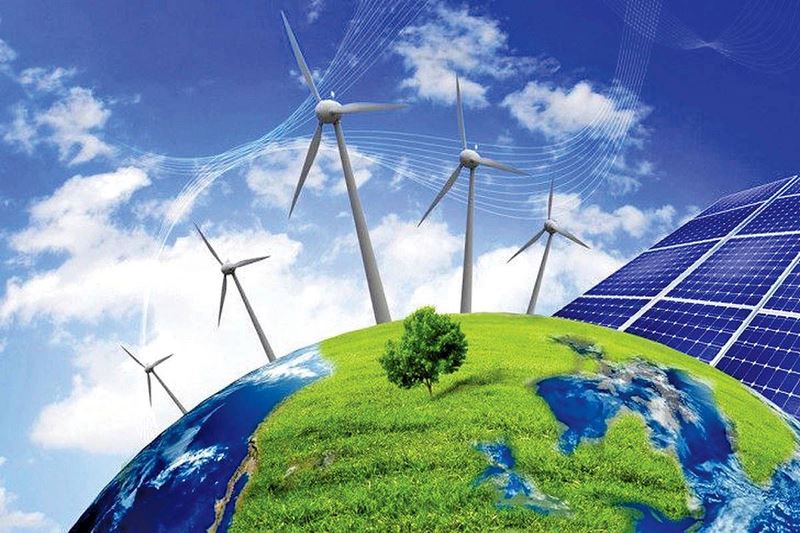



Comments
No comment yet.